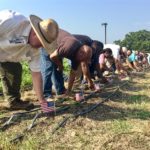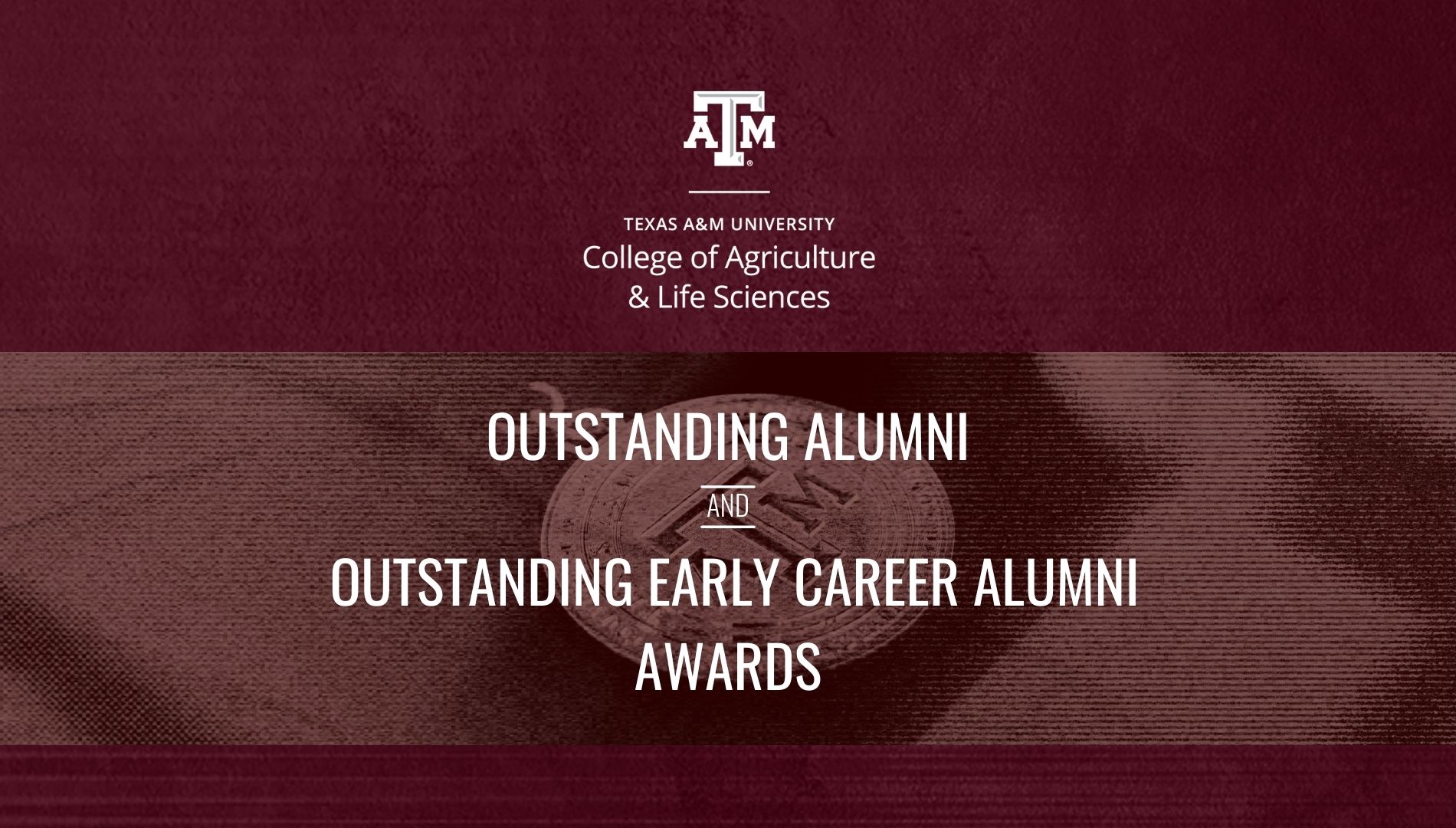Battleground to Breaking Ground Entrepreneurial Training Project now taking applications
Writer: Paul Schattenberg, 210-859-5752, [email protected]
Contact: Erin Kimbrough, 979-847-6185, [email protected]
Makenzie McLaurin, 979-862-1913, [email protected]
COLLEGE STATION – Applications are being accepted now through Dec. 5 for the Battleground to Breaking Ground Entrepreneurial Training Project for military veterans and others wanting to be involved in an agricultural operation.
The project is presented by the Texas AgrAbility Program of the Texas A&M AgriLife Extension Service.

“This project is made possible thanks to a three-year grant from the U.S. Department of Agriculture’s National Institute of Food and Agriculture,” said Erin Kimbrough, AgriLife Extension family and community health program specialist, College Station. “It’s a three-phase program designed to increase the number of military veteran farmers and ranchers, as well as other beginning farmers and ranchers in Texas and throughout the nation.”
Kimbrough said successful applicants will need to attend the basic training portion of the project Jan. 18-20 at the Millican Reserve, 4401 High Prairie Road, College Station.
The cost is $125 for participants and $75 for spouses. It includes meals, activities, a farm tour and all workshop materials. Attendees are responsible for their own lodging.
Application instructions can be found at https://txagrability.tamu.edu/bgbg/training/.
There will also be an applicant webinar at 11 a.m. on Nov. 20. To register for the webinar, go to https://bit.ly/2zwT9pN. The webinar will be recorded and posted for further review.
Kimbrough said the entrepreneurial project is designed for active duty military and military veterans and their families, military spouses and beginning farmers and ranchers. It has three phases, which include face-to-face and online educational training in farm management and production; individualized educational planning to support diverse agriculture business interests; hands-on agriculture production learning; follow-up mentor support; and peer-to-peer learning using structured Community of Practice.
“It also offers an array of coaching services in veteran transition, VA benefits, and health and wellness,” Kimbrough added.
The first phase is the Battleground to Breaking Ground agriculture workshop – a day-long program covering business planning, rural business ideas, farming/ranching with a disability and funding sources for agricultural businesses.
“We hold six of these workshops a year in different parts of the state,” Kimbrough said. “Attendance is not required, but is recommended.”
The second phase, Battleground to Breaking Ground: Business Planning Modules, involves: 16 weeks of online business planning courses; individual education planning; educational webinars; and additional educational modules for agencies/organizations that provide funding. Participants also get information about transition services through VetAdvisors and disability services through Texas AgrAbility.
“There are also hands-on opportunities for learning farming and ranching skills, weekly discussion questions, monthly video assignments, VetAdvisors coaching calls and education planning calls,” Kimbrough said. “There is also information and discussion relating to socially disadvantaged and limited-resource farmers and ranchers, as well as farmers and ranchers with a disability or chronic health condition.”
The third phase of the project, Battleground to Breaking Ground: Hands-On Training, involves: eight months of online courses specific to the participant’s area of agricultural production; 100 hours of hands-on learning through mentorship and custom-tailored learning opportunities; ongoing transition and disability support services; and monthly coaching and education planning calls.
Kimbrough said participation in the entrepreneurial project will be useful in developing a business plan for operational management, gaining insights into funding opportunities, improving marketing and financial skills, and enhancing production skills.
“It will also provide access to networks connecting marketing, financial and operational channels, and provide information on loans and grants for veteran and other agricultural producers,” she said.
Once participants have completed all of the requirements for the second and third phase, they will receive a certificate of completion highlighting skills acquired through the program.
“The certificate will also provide participants access to land for lease, access to equipment and access to established markets at one of the project’s incubator training sites to help them start or expand their farming or ranching operation,” Kimbrough said. “Those sites are the Millican Reserve in College Station, Farmers Assisting Returning Military in Dallas, Mesquite Field Farm in Nixon, and Farmer’s Education and Training in Fort Hood.”





